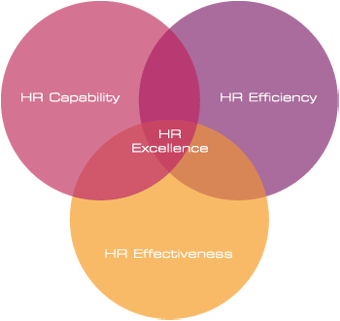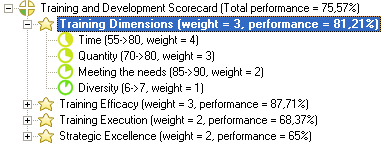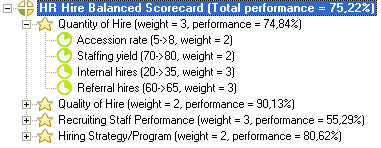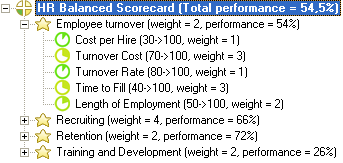HR audit is a powerful tool which helps an organization evaluate the effectiveness of its HR management practices.
HR performance is one of the most difficult aspects of organizational performance to measure. One valuable tool which helps to assess the effectiveness of HR functions within an organization is HR audit. HR audit provides for the systematic verification of an organization’s recruitment and selection practices, job design and analysis, training and development, orientation and placement, performance assessment and job evaluation, employee and executive compensation, employee motivation and morale, participative management, inter-department communication, safety and health, welfare and social security, industrial relations, trade unionism, as well as disputes and their resolution.
HR audit covers a broad range of organizational functions, such as policy and regulation compliance; corporate strategies in relation to HR planning, staffing, and compensation; “HR climate” on employee morale, motivation, and job satisfaction; etc.
HR audit provides key information on the actual contribution of the HR department towards the organization. It helps improve HR personnel motivation and reduce total HR costs, as well as provides timely legal requirement. Another benefit of a systematic HR audit is the quick adoption of the changing employee mindset.
HR evaluation activities may differ depending on the purpose of HR audit. Various approaches to HR audit include: comparative and statistical approach, regulatory and policy compliance, and Management by Objectives (MBO).
HR audit represents the gaps in performance and helps create various remedial measures. It helps an organization face the challenges and increase the potentiality of its HR personnel. For more on HR performance management, see this post.






